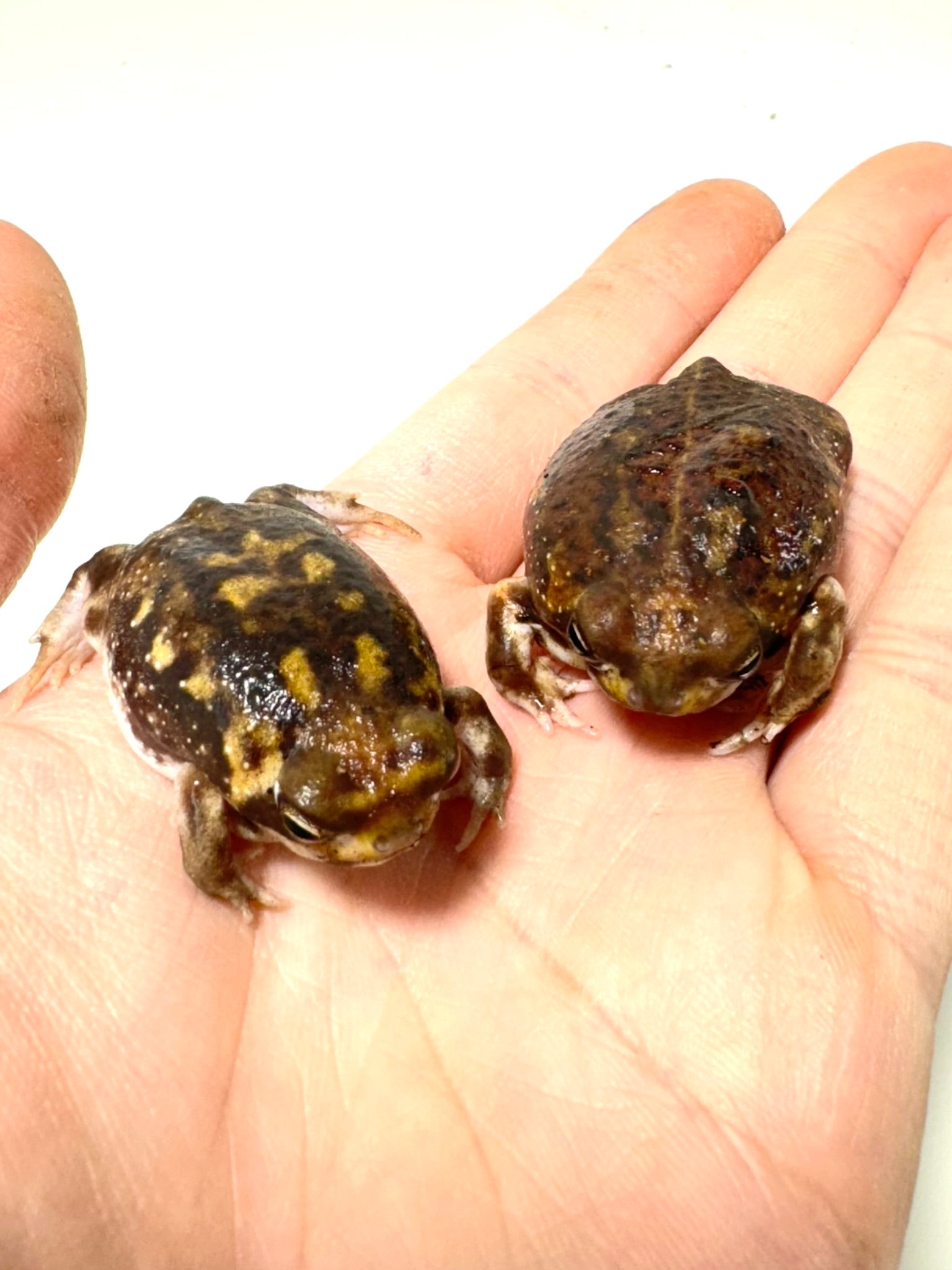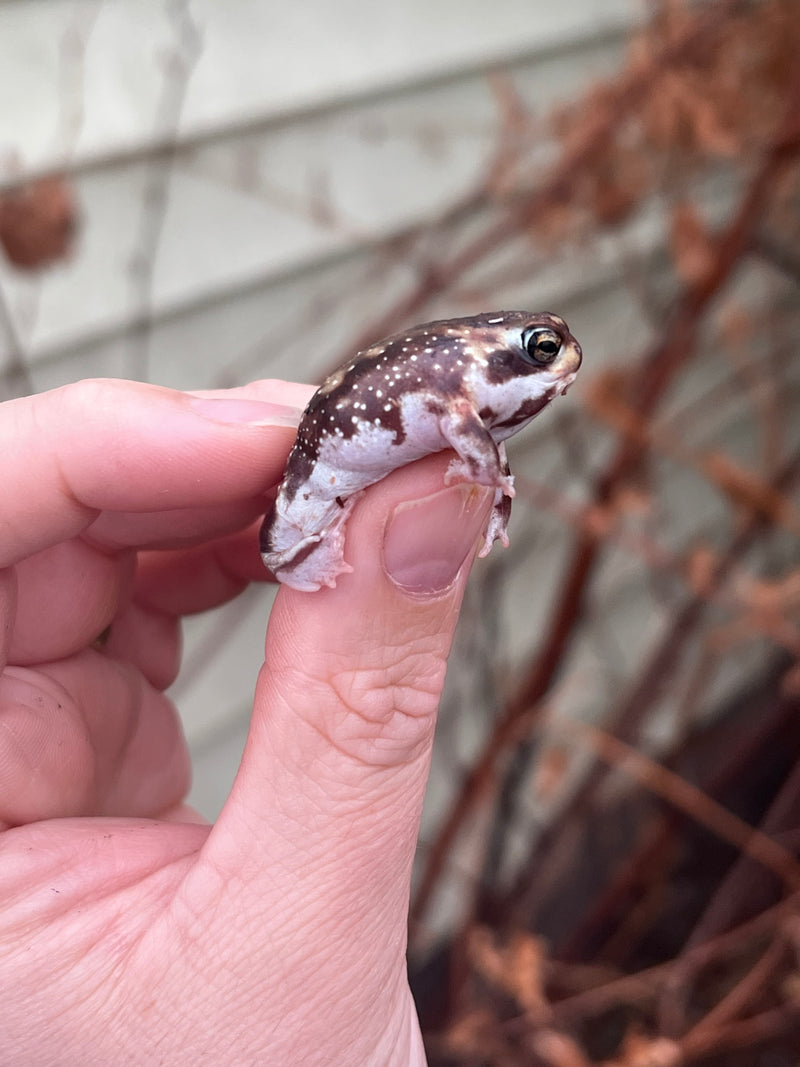Common Health Issues in Reptiles: Signs and Solutions
In the detailed globe of reptile care, recognizing the typical health and wellness issues that might affect these one-of-a-kind animals is critical in guaranteeing their wellness. Whether it's grappling with parasitical invasions, navigating dehydration worries, or dealing with skin disorders that materialize in refined methods, being attuned to the signs and symptoms and furnished with the knowledge of efficient solutions is crucial for any type of reptile owner.
Breathing Infections
Respiratory system infections in reptiles can dramatically influence their total wellness and need timely interest from skilled veterinarians. In reptiles, respiratory infections can be particularly testing to diagnose and deal with due to their one-of-a-kind composition and physiology.
Treatment for respiratory infections in reptiles usually involves a mix of encouraging care, such as maintaining correct moisture levels and temperature slopes in the enclosure, as well as targeted medicine to deal with the specific virus accountable for the infection. It is important for reptile owners to check their family pets closely for any kind of indications of breathing distress and seek vet care at the earliest indicator of an issue. With prompt intervention and proper treatment, several reptiles can recuperate fully from respiratory system infections and resume regular activities.

Metabolic Bone Disease
What variables contribute to the advancement of Metabolic Bone Illness in reptiles?
Metabolic Bone Disease (MBD) in reptiles is mainly triggered by a lack of appropriate calcium, phosphorus, and vitamin D3 degrees in their diet regimen. When reptiles do not get appropriate calcium, either through their food or proper UVB exposure for vitamin D3 synthesis, they are at a high threat of creating MBD. Reptiles with diets low in calcium or imbalanced calcium to phosphorus proportions are specifically susceptible. Furthermore, insufficient direct exposure to UVB light prevents reptiles from manufacturing vitamin D3, which is crucial for calcium absorption and bone wellness.
Insufficient humidity levels can likewise affect a reptile's capability to metabolize calcium effectively. Regular veterinary exams, appropriate husbandry practices, and a well balanced diet plan are important to prevent Metabolic Bone Condition in reptiles.
Parasitic Problems
Parasitic problems present a significant wellness danger to reptiles, influencing their general well-being and needing prompt veterinary focus. Reptiles can be impacted by numerous parasites, including termites, ticks, internal worms, and protozoa. These bloodsuckers can create a variety of symptoms, such as weight loss, lethargy, skin inflammation, looseness of the bowels, and even fatality if left neglected.
One typical bloodsucker found in reptiles is the mite, which can create skin stress, inflammation, and anemia. Ticks are one more outside bloodsucker that can transmit diseases and create pain to the reptile. Inner bloodsuckers like worms and protozoa can lead to digestion concerns, malnutrition, and compromise the reptile's body immune system.
To identify a parasitical problem, a vet go to website might carry out fecal examinations, skin scrapings, or blood examinations. Therapy often includes deworming medicines, antiparasitic baths, or in serious situations, a hospital stay. Preventative procedures such as normal vet examinations, appropriate health, and quarantine treatments for brand-new reptiles can aid decrease the threat of parasitical problems and make certain the health of reptile pet dogs.
Dehydration and Hydration Issues
Dehydration in reptiles can considerably impact their health and well-being, necessitating timely treatment and ideal hydration monitoring. Reptiles are susceptible to dehydration due to numerous variables such as insufficient water intake, high environmental temperatures, and particular wellness conditions. Signs of dehydration in reptiles include sunken eyes, sleepiness, loss of skin flexibility, and lowered urination. If left unattended, dehydration can cause major health concerns and also be fatal to the reptile.
To stop dehydration, reptile proprietors ought to ensure that their family pets have access to tidy water in any way times. The water meal need to be big sufficient for the reptile to his comment is here soak in if required, especially for varieties that absorb water with their skin. Additionally, preserving correct humidity degrees why not try this out in the reptile's enclosure and giving normal baths can assist prevent dehydration.
In situations of dehydration, it is essential to look for vet care immediately. A vet may carry out fluids either by mouth or with shots to rehydrate the reptile. It is important to address the underlying source of dehydration to stop reappearance and guarantee the reptile's total health.
Skin Ailments

Final Thought

Respiratory system infections in reptiles can considerably influence their total health and wellness and need timely attention from seasoned veterinarians (rain frog for sale). Preventative actions such as routine veterinary examinations, proper health, and quarantine procedures for brand-new reptiles can help decrease the risk of parasitical infestations and make certain the wellness of reptile pet dogs
If left without treatment, dehydration can lead to serious wellness issues and even be deadly to the reptile.
On a regular basis examining your reptile for any kind of modifications in skin appearance, color, or appearance can aid in early discovery and therapy of skin conditions, promoting the overall health and wellness of your scaly friend. - rain frog for sale
In conclusion, reptiles are susceptible to numerous health problems such as respiratory system infections, metabolic bone disease, parasitic invasions, dehydration, and skin disorders.